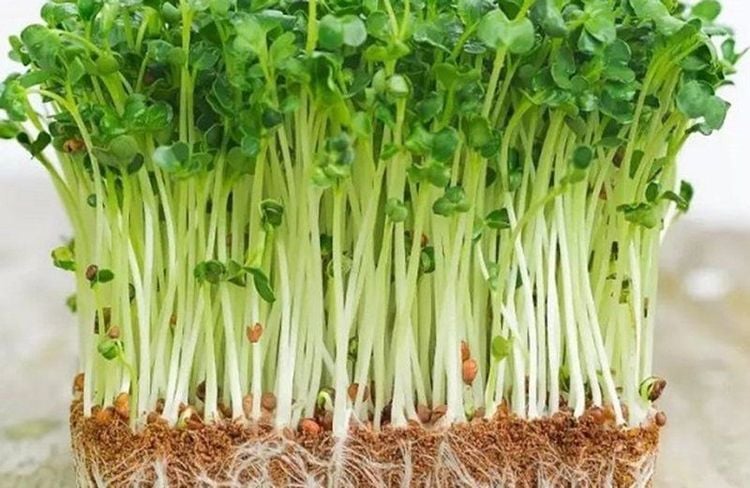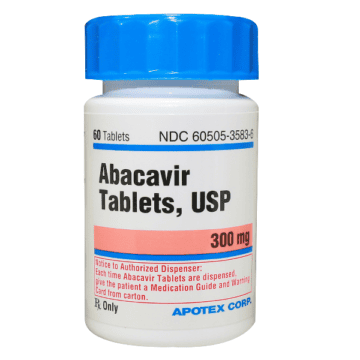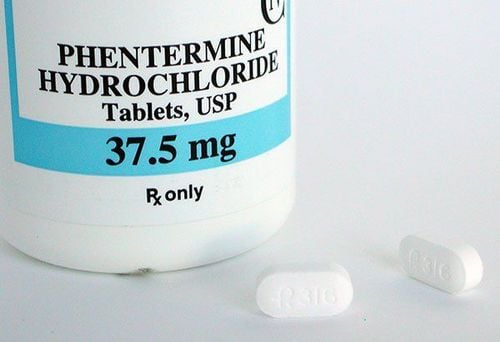This is an automatically translated article.
Sprouts are foods that provide many nutrients for health, especially for children. Because sprouts contain many nutrients such as protein, vitamins, carbohydrates, minerals, ... so for young children, it has a great effect in supporting the child's digestive system and is very good for the health of the baby's skin. . However, are sprouts really good for your baby's health?
1. What are sprouts?
Sprouts are young vegetables with 5 times higher nutritional content than common vegetables. This is a newly sprouted young vegetable, grown for a short time, will be harvested after 5 to 7 days from sowing. Sprouts are very easy vegetables to grow, often grown with radishes such as: Radish, collard greens, collard greens, or water spinach, onions, green beans, red beans... Sprouts There are 2 types including:
White sprouts: Seeds develop in shady conditions, without sunlight, so the stem is white and white and the small cotyledons are yellowish, the most common are: Green bean sprouts, soybean sprouts,... Green sprouts: Seeds grow in cool conditions with a lot of sunlight, so the stem is bluish-white and the cotyledon is green like the sprouts of other types of cabbage such as collard, broccoli Um, some beans, peas, etc.
2. What are the effects of sprouts on the health of children?
Sprouts are young vegetables, containing much higher nutritional content than normal vegetables, so children will get a lot of benefits from using them.
Reduce the risk of dangerous diseases such as heart disease in children, protect children from the risk of obesity and high blood pressure. Good for skin health: Sprouts are rich in vitamins C, A and glucoraphanin especially in broccoli sprouts, which help support your baby's skin to stay smooth and healthy. Provide children with an abundant source of energy to be active and have fun. Supports digestion: Sprouts are rich in enzymes that are good for the digestive system, help your baby's digestive system stay healthy, avoid conditions such as flatulence, indigestion, constipation Rich in nutrients: Sprouts are vegetables. It is rich in vitamins and minerals necessary for good health such as potassium, calcium, magnesium, iron, copper and zinc. Sprouts can help prevent a lot of diseases like diabetes, infections, cancer, respiratory diseases, arthritis, inflammatory problems, etc. because they are rich in antioxidants, In addition, they It also helps to increase children's resistance

Nên cho trẻ ăn rau mầm để hỗ trợ tiêu hóa và tốt cho sức khỏe của làn da
3. What kind of sprouts should be given to the baby?
Sprouts are a very nutritious food, but when feeding children, you should pay attention to the following issues:
Should choose to buy sprouts at reputable addresses, ensuring food hygiene and safety, eliminating risks Vegetables are contaminated with bacteria, contaminated by intentional use of unsafe soil, using more fertilizers, chemicals, improper storage. Wash several times under running water (at least 3 times). When washing, you should be gentle to avoid the vegetables being crushed, which will lose nutrients. It is recommended to soak in dilute salt water for about 10-15 minutes before processing to ensure safety. Absolutely do not let your baby eat raw sprouts because the baby's digestive system is still very weak, there will be problems with the digestive system. For young children, it should be pureed, cooked with porridge for baby food and cooked. For older children, feed them directly when cooked. To ensure that you have clean vegetables for your baby to eat every day, you can grow your own sprouts because growing sprouts is very simple, after only 5 days, you can harvest delicious clean vegetables for the whole family.
4. Some harms when eating sprouts
Most sprouts are grown in a warm, sunny environment and this is an opportunity for bacteria to grow. Vegetables will be contaminated if the vegetable care process is not safe.
Sprouts can also be contaminated, contaminated due to not being stored properly. Moreover, the use of fertilizers to increase yield is also a risk of poisoning.
Eating sprouts can cause poisoning, which is caused by the biological properties of the seeds themselves. According to many studies, Alkaloid Solanine is a toxin found in potato sprouts and melon sprouts. When poisoned with this poison, there will be symptoms of nausea, diarrhea, headache, chest tightness, severe can be life-threatening.
Should use sprouts that have been proven to be edible by studies to ensure our own safety, such as white radish sprouts, soybeans, peanut sprouts, cauliflower, water spinach..
Should not eat sprouts of some legume families such as bean curd, cat pea, sword pea, bird's egg bean. Because they have a large amount of glucoside that produces cyanhydric acid (HCN) - a deadly poison, like bamboo shoots and cassava.

Cha mẹ nên tìm hiểu kỹ trước khi quyết định cho trẻ ăn dặm rau mầm
5. How to grow sprouts at home to ensure safety and hygiene
To grow sprouts, you need to prepare the following materials:
Seeds of sufficient quality such as seeds of white radish, collard greens, water spinach, amaranth... Fertile soil or coir Tray Planting can be plastic or styrofoam Containers with misting mode How to grow sprouts
Step 1: Soak sprouts
Seeds are washed with water several times, soaked in warm water (45 – 50°C) for a period of time from 2 to 5 hours (depending on whether the seed has a shell or not, the amount of soaking time may vary). Then, take out the seeds, drain the water.
Step 2: Sow the sprouts
Spread the seeds evenly on the surface of the soil. The distance between seeds depends on the type of seed or according to the instructions on the package. use. Then, water and cover the surface of the tray with a piece of cardboard for 2 days.
Step 3: Take care of sprouts
After 2 to 3 days, the seeds germinate evenly, move the tray to a place with lots of sunlight. Use a sprayer to water twice a day, once in the early morning and once in the cool of the afternoon.
Step 4: Harvest sprouts
Use a knife, scissors to cut close to the root of the sprout if you want to harvest next time or pull the vegetable out of the ground, use scissors to remove the roots. Rinse with clean water and use immediately after cooking.
Note: If the vegetables are not used immediately, after harvesting, you do not need to wash them, just put them in bags, boxes and store them in the refrigerator. Can be stored for 3 to 5 days
Please dial HOTLINE for more information or register for an appointment HERE. Download MyVinmec app to make appointments faster and to manage your bookings easily.













